Resistance movements challenge economic oppression from "summary" of The New Confessions of an Economic Hit Man by John Perkins
Throughout history, resistance movements have played a crucial role in challenging economic oppression. These movements arise when people refuse to accept the status quo of exploitation and inequality. They are a natural response to the injustices perpetuated by those in power, who seek to maintain their dominance at the expense of the marginalized and disenfranchised. Resistance movements can take many forms, from peaceful protests and civil disobedience to armed uprisings and revolutions. Regardless of the methods employed, the goal remains the same: to dismantle systems of oppression and create a more just and equitable society. These movements are driven by a deep-seated desire for freedom, dignity, and self-determination. Economic oppression often lies at the heart of the grievances that fuel resistance movements. It is a tool used by the powerful to maintain their control over resources and people. Economic hit men, backed by multinational corporations and governments, exploit developing countries for their own gain, leaving behind a trail of debt, poverty, and environmental destruction. Resistance movements challenge this economic oppression by exposing the exploitative practices of corporations and governments, mobilizing communities to demand accountability and justice. They offer a counter-narrative to the dominant discourse that justifies inequality and exploitation as inevitable or necessary for progress. These movements are not without risks and challenges. Those who speak out against economic oppression often face repression, violence, and even death. Yet, their courage and determination inspire others to join the struggle for a better world. Resistance movements are a testament to the power of collective action and solidarity in the face of overwhelming odds. In the end, resistance movements show that another world is possible. They remind us that change is not only desirable but necessary if we are to build a more equitable and sustainable future for all. By challenging economic oppression, these movements pave the way for a more just and inclusive society where everyone can thrive and fulfill their potential.Similar Posts
Power dynamics shape relationships
Power dynamics are fundamental to understanding the relationships between individuals. They play a crucial role in shaping the ...
Embracing diversity leads to strength and innovation
The world is a diverse place, filled with people of different backgrounds, beliefs, and experiences. When we embrace this diver...

Morality is often compromised in the pursuit of power
In the game of power, morality often takes a backseat. People will do whatever it takes to climb the ladder, even if it means c...
Inspiring others through your actions
The idea that our actions can inspire others is a powerful one. When we live our lives in alignment with our values and beliefs...
Empowering marginalized communities
In order to truly understand the importance of empowering marginalized communities, we must first recognize the deep-rooted opp...
Dialogue essential for critical consciousness
The importance of dialogue in the process of critical consciousness cannot be overstated. It is through dialogue that individua...
Globalization benefits the few
Globalization has been presented as a force that will bring progress and prosperity to all. It is said to be a rising tide that...
Freedom is achieved through praxis
In order to understand the concept that liberation is only achievable through action, we must delve into the idea of praxis. Pr...
The will of the majority must be respected
The principle that the will of the majority must be respected is a fundamental aspect of democracy. It is the belief that decis...
The legacy of colonialism in Filipino culture
The insidious tendrils of colonialism have wound their way through every facet of Filipino culture, leaving an indelible mark t...
